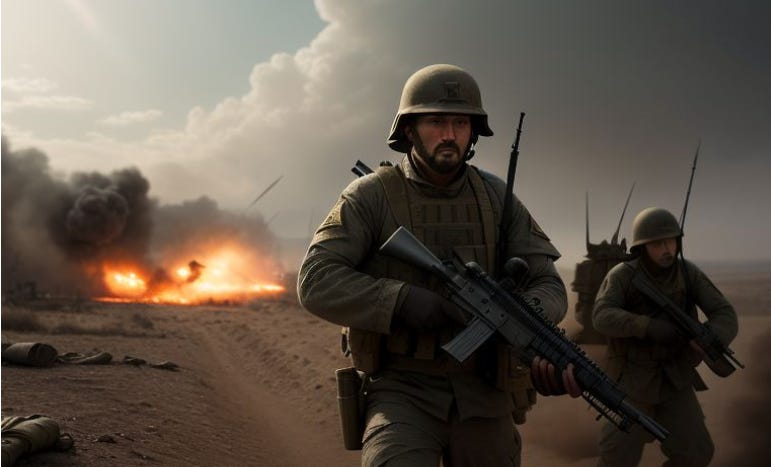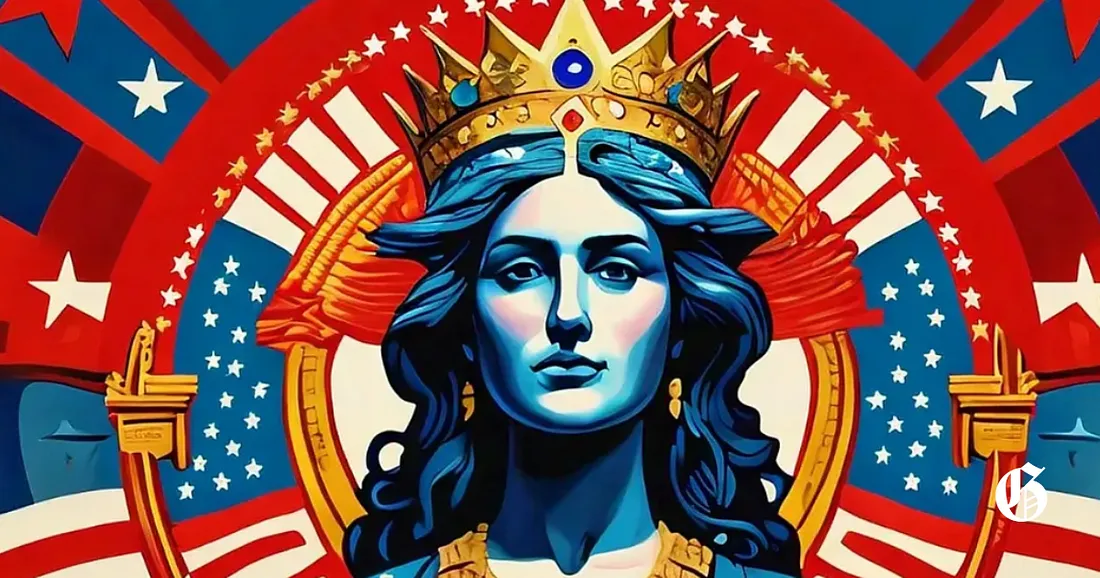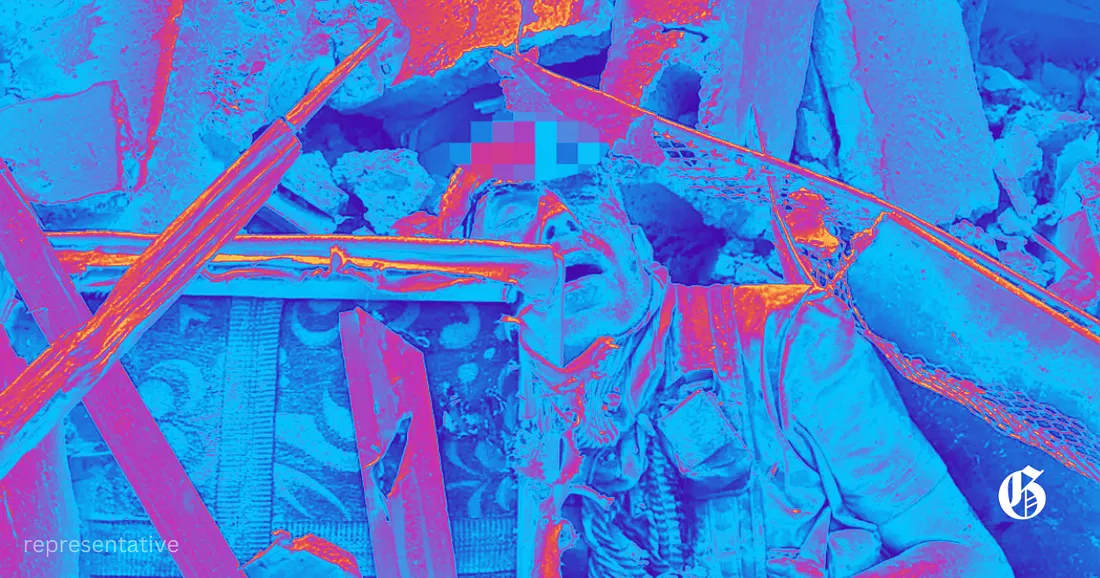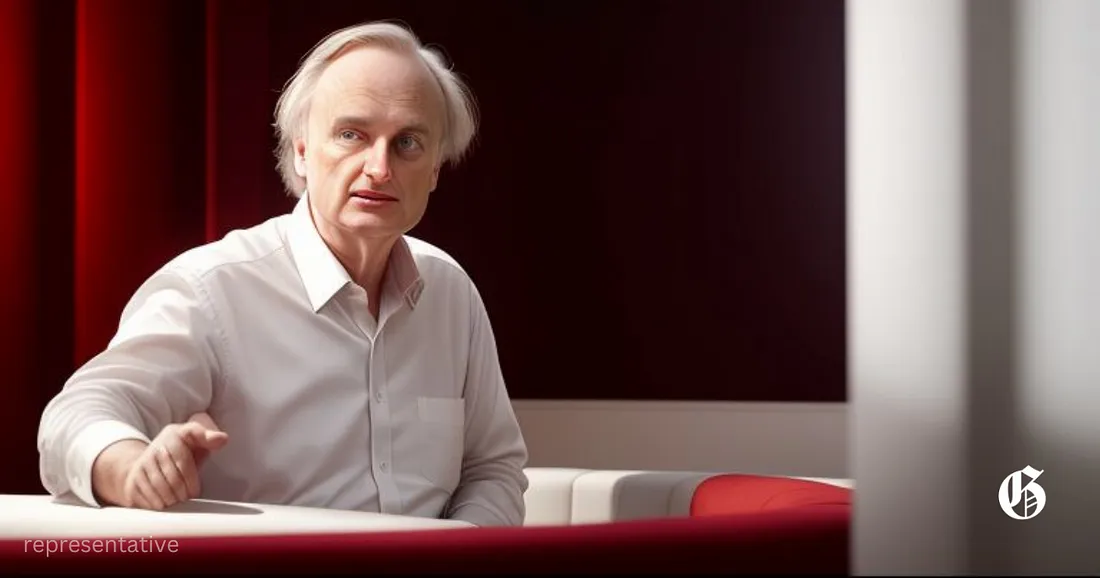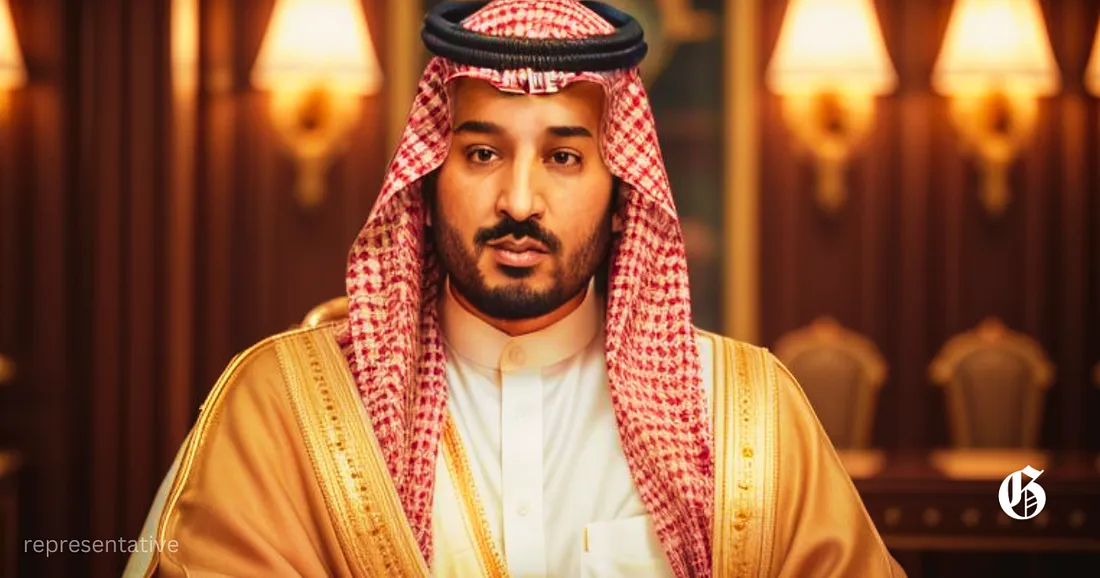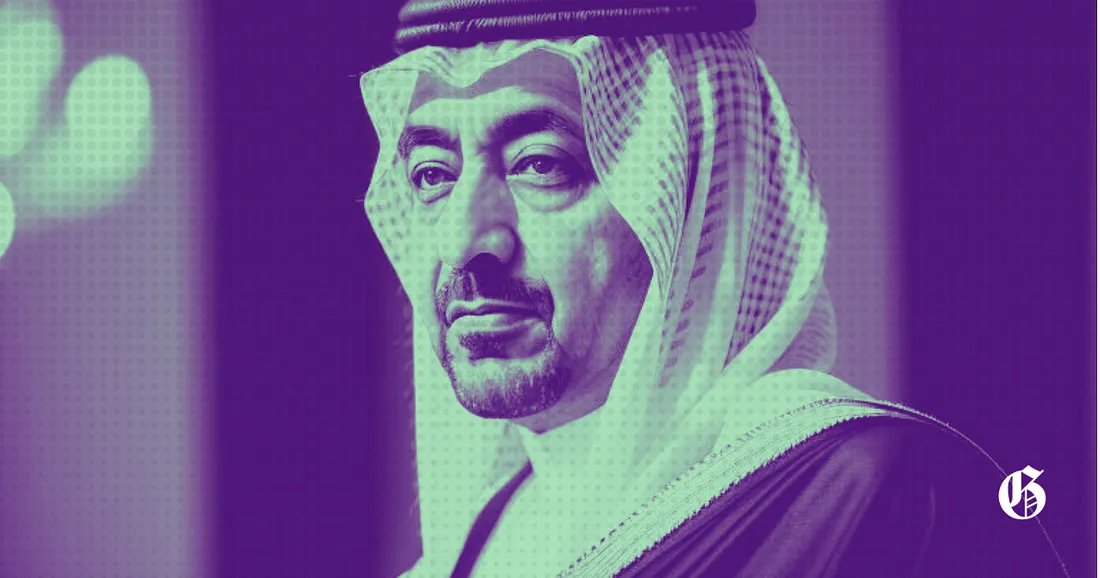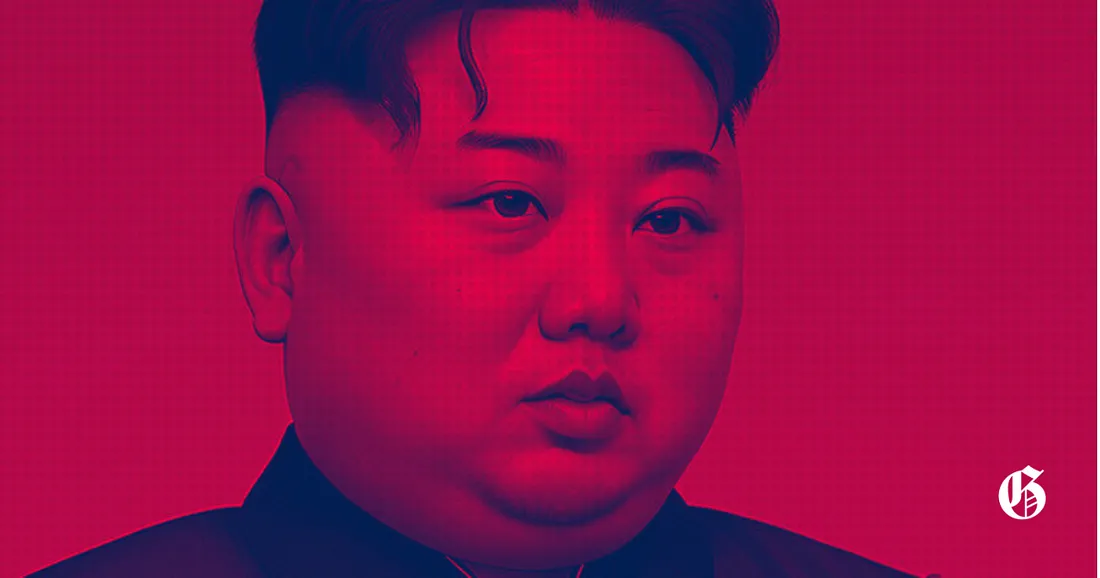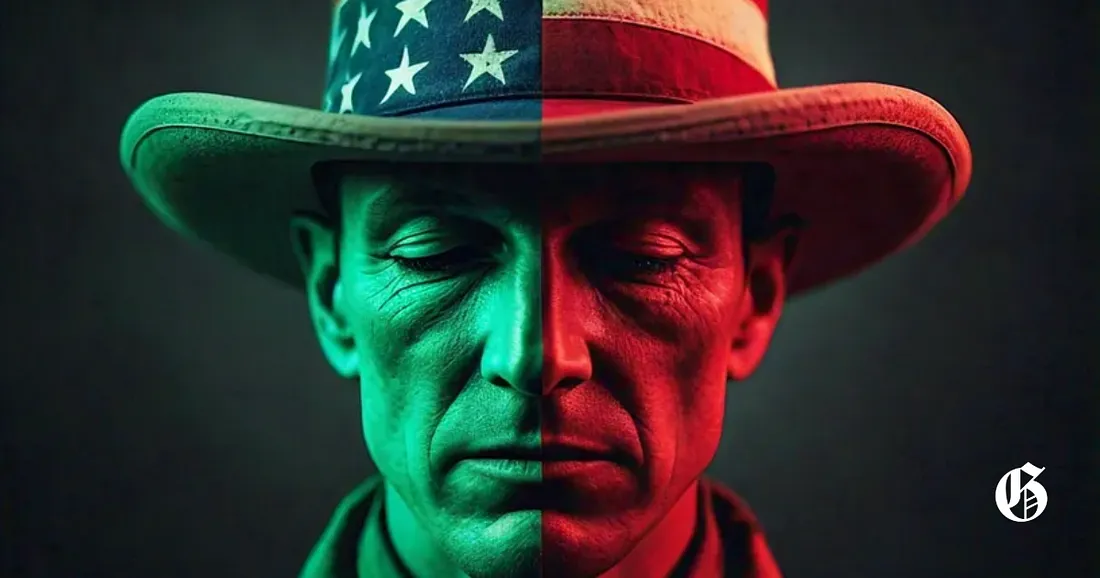The Authoritarian Transformation of Russia Under Vladimir Putin
Vladimir Putin’s leadership has been characterized by a systematic transformation of Russia into an authoritarian state, marked by the suppression of dissent and the erosion of democratic principles. As the world observes, Putin’s regime poses not only a significant challenge to Russia but also a threat to global stability and democratic values.
Dismantling Democratic Institutions
Under Putin’s rule, there has been a deliberate dismantling of democratic institutions. Allegations of fraud and manipulation have marred elections, ensuring that Putin and his allies maintain a firm grip on power. For instance, the 2021 legislative elections were widely criticized for lacking transparency, with independent observers reporting numerous irregularities, including ballot stuffing and intimidation of opposition candidates[1]. Opposition leaders face persecution, imprisonment, or, in some cases, have been silenced permanently. The case of Alexei Navalny, a prominent opposition figure who was poisoned in 2020 and subsequently imprisoned upon returning to Russia, exemplifies the lengths to which the regime will go to eliminate dissent[2].
Once a vibrant space for public discourse, the media landscape in Russia has been systematically crushed. Independent voices have either been co-opted or silenced through a combination of legal restrictions and outright violence. The Murder of journalist Anna Politkovskaya in 2006 is a stark reminder of the dangers faced by those who challenge the Kremlin’s narrative[3]. By 2022, nearly all independent media outlets had been forced to shut down or operate from abroad, effectively stifling any critical reporting on government actions.
Human Rights Violations
Human rights violations have become notorious under Putin’s administration. The persecution of political opponents and the suppression of civil liberties have reached alarming levels. According to Human Rights Watch, the Kremlin has demonstrated a blatant disregard for fundamental human rights, employing state machinery to intimidate and eliminate critics both domestically and abroad[4]. Reports indicate that peaceful protests against government policies are met with swift police action, resulting in mass arrests and heavy fines for participants.
The 2022 invasion of Ukraine further escalated these abuses. The Russian government enacted laws that criminalized dissent regarding the war, making it illegal to refer to the conflict as a “war” instead of a “special military operation.” This legal framework has led to severe penalties for those who dare to voice opposition[5].
Al Jazeera's Role in Extremism
In the realm of international journalism, few institutions evoke as much debate and division as Al …
Pervasive Corruption
Corruption is pervasive within Putin’s regime. A powerful elite has emerged, intertwining political authority with economic interests, concentrating wealth and resources in the hands of a select few. Transparency International’s Corruption Perceptions Index consistently ranks Russia among the most corrupt countries globally[6]. This has led to rampant economic inequality, stifling opportunities for the average Russian citizen while a privileged class thrives. Ordinary citizens bear the brunt of this corruption, facing economic hardships while oligarchs amass vast fortunes.
The intertwining of state power with business interests has created an environment where political loyalty is often rewarded with lucrative contracts and positions. This system not only undermines economic growth but also perpetuates a cycle where dissent is quashed in favor of maintaining the status quo.
Aggressive Foreign Policy
Putin’s foreign policy is characterized by aggression and expansionism. From the annexation of Crimea in 2014 to the ongoing conflict in Ukraine, Russia under Putin has repeatedly violated international laws and norms. These actions not only destabilize the region but also jeopardize Russia’s relationships with the global community, leading to sanctions and increasing isolation.
The international response has included severe economic sanctions aimed at crippling key sectors of the Russian economy, including finance and energy. However, these measures have not yet led to significant changes in Putin’s approach or policies[7]. Instead, they have reinforced nationalist sentiments within Russia as state propaganda frames these sanctions as unjust attacks on Russian sovereignty.
Cultivation of a Personality Cult
At the core of Putin’s governance is the cultivation of a personality cult. State propaganda portrays him as a strong, decisive leader—the savior of Russia. This narrative is reinforced through carefully orchestrated public appearances and media coverage that emphasize his role as protector against external threats. However, this image obscures the underlying decay within Russian society and governance under his rule.
Public opinion polls indicate that while many Russians support Putin’s leadership style due to perceived stability and national pride, there is also significant discontent regarding economic conditions and civil liberties[8]. The Kremlin’s heavy-handed control over information ensures that dissenting voices remain marginalized.
Conclusion: A Call for Global Solidarity
The erosion of democratic values, widespread corruption, human rights abuses, and an aggressive foreign policy define Putin’s administration. It is crucial for the international community to recognize and challenge these actions while standing in solidarity with those striving for a free and democratic Russia. The world must not turn a blind eye to the oppressive shadow cast by Putin’s regime.
As Russia continues to navigate this complex landscape under Putin’s leadership, the resilience of democratic ideals must be championed. The quest for a free and democratic Russia requires a united global front committed to holding authoritarian regimes accountable and promoting the fundamental rights of all citizens.




